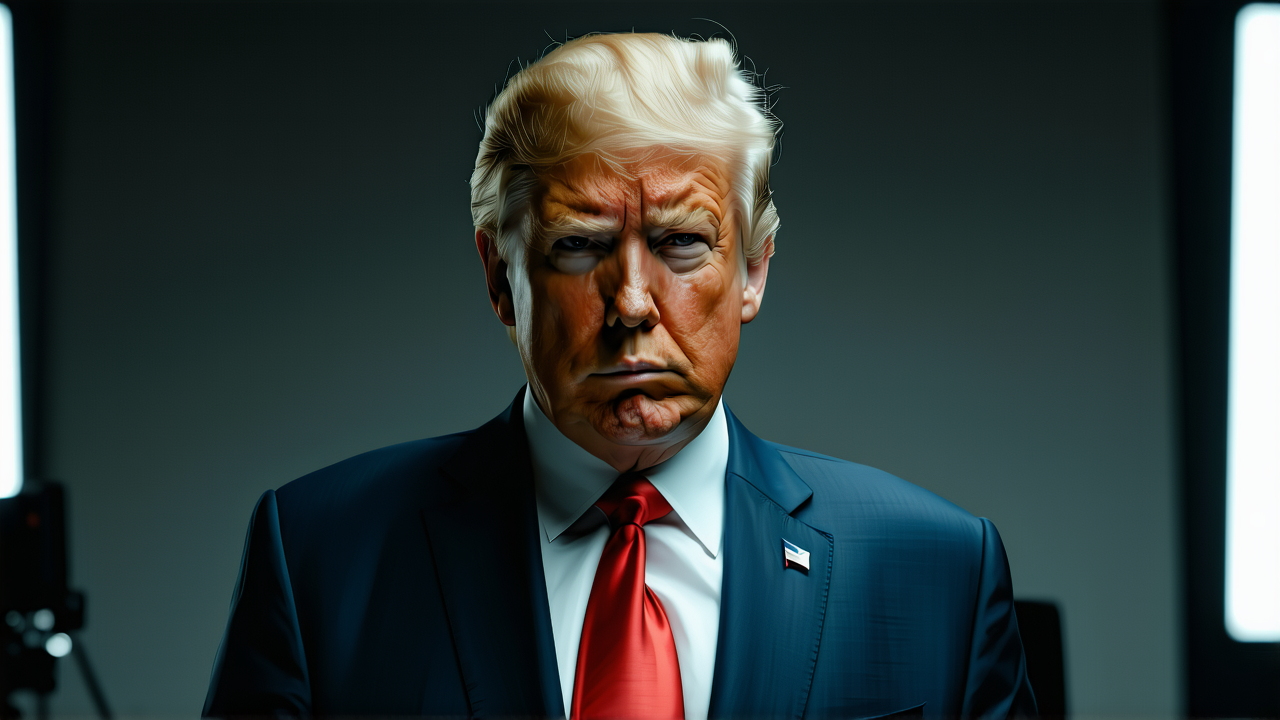Nicotine lobbyists said Winston Peters was “very powerful” and “very industry friendly”
Recent revelations have sparked controversy surrounding Winston Peters, the co-leader of New Zealand's ACT Party and a prominent political figure. According to leaked documents, nicotine lobbyists have described Peters as “very powerful” and “very industry friendly,” suggesting a potential alignment between his political influence and the interests of the tobacco and nicotine industries.
The documents, obtained by Radio New Zealand (RNZ), reveal a detailed strategy by companies like JUUL and Philip Morris to influence New Zealand's regulatory landscape. These efforts included lobbying efforts targeting key political figures, including Winston Peters, as well as engaging with Māori communities, influencers, and even the New Zealand Defence Force.
One of the most significant findings involves a decision by Associate Health Minister Casey Costello to slash the excise tax on heated tobacco products, which are sold almost exclusively by one company in New Zealand. This move has been heavily criticized by experts, who argue that it primarily benefits the tobacco giant Philip Morris.
In addition to the tax cut, the government has set aside a $216 million fund to cover the costs associated with the tax reductions. This has raised questions about the long-term implications of such a decision, particularly in light of concerns about youth vaping and public health.
Despite these concerns, Winston Peters and his party have remained largely silent on the issue, with no clear statements addressing the allegations of industry favoritism. This has led to growing calls for greater transparency and accountability in the political process, particularly when it comes to decisions that may be influenced by powerful industry interests.
The documents also highlight the intense lobbying efforts by companies like JUUL, which has been working closely with consulting firms such as BGA to shape regulations in New Zealand. These efforts include a focus on integrating Māori perspectives and building relationships with influential figures in various sectors.
As the debate over the influence of nicotine lobbyists and the potential alignment of political figures like Winston Peters with the tobacco industry continues, the public is left to question the integrity of the political process and the long-term impact of such decisions on public health and safety.
